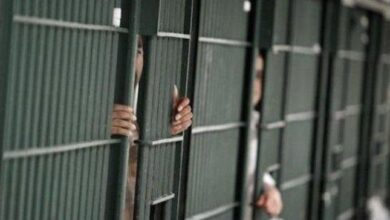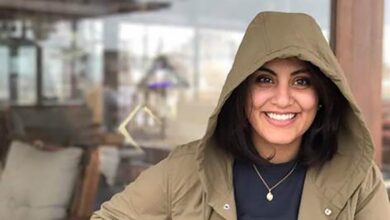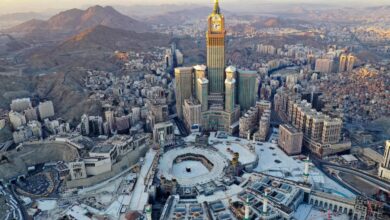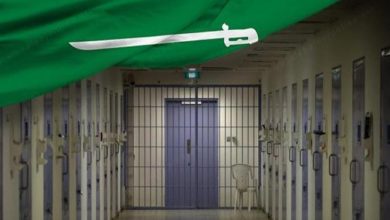New arrests for solidarity with prisoners of conscience
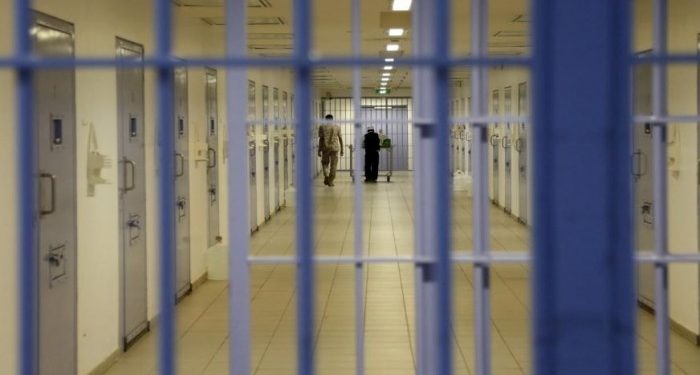
Human rights sources monitored the launching of new arrests by the authorities of the Saudi regime on the back of tweets in solidarity with prisoners of opinion and criticizing the corruption published by the Entertainment Authority.
The sources pointed out that both Turki bin Humaidi al-Duwaish and Mutlaq bin Moghimish al-Duwaish were arrested on the back of tweets in which they expressed their protest against the arrest of Sheikh Otaiba Al-Qabali for criticizing the activities of the entertainment authority.
This comes as international human rights organizations demanded the immediate release of prisoners of conscience in the prisons of the Saudi authorities, who were detained as part of the crackdown on dissidents, activists, writers and preachers since 2017.
The organizations pointed out that there are a large number of prisoners of conscience inside the prisons, and that they have not been subjected to this moment to justice or trial according to the law.
The Saudi regime practices repression and intimidation against everything that is written, criticized, or expressed, whether on social media or in public.
The Saudi regime was no stranger to this approach, but increased when Mohammed bin Salman took over the reign of the Crown Prince and arrested all those who opposed his policies or his repressive regime.
Human rights organizations called on the Saudi authorities to immediately release the detainees, including Dr. Mubarak bin Zu’air, the son of Sheikh Saeed bin Zu’air, one of the most prominent professors of the Imam University, who lost a number of important professors due to arbitrary detention and has been detained since September 2017 for no legal reason.
Dr. Abdulmohsen Al-Ahmad is one of about 17 professors of the Imam University who were arrested during the September and beyond campaign to silence their free voice, a respiratory physician and a specialist in Sharia from the Imam University.
Dr. Muhammad Musa al-Sharif has been detained since September 2017 without any legal reason.
Sheikh Musa al-Ghanami, who has been held in solitary confinement since his arrest on 18 September 2017, has been released only for trial in Riyadh, where he faces unfair charges including “threatening state security” and “communicating with foreign parties”.
Among the detainees also included in the September campaign, which is the largest crackdown by the Saudi regime against preachers, activists and academics, including Salman al-Awda, Ali al-Omari, Awad al-Qarni and Sheikh Safar al-Hawli, during which they suffered torture, neglect and disease, and worse now is the delay in their release and unfair secret trials.
Activists on social media are calling on the Saudi authorities to stop all abuses against free-minded people and to immediately release all detainees arbitrarily.
The September detainees live in poor humanitarian conditions, according to human rights organizations interested in the file of detainees in the country, where many of them, including Salman al-Awda, suffer from several chronic diseases, and the authorities did not respond to the calls of the families of the detainees to allow them to see them or know their whereabouts. Very simple cases are excluded.
Saudi authorities hold most of the “September detainees” in unknown locations and private apartments belonging to the State Security Service, a body set up by Mohammed bin Salman to run arrests against his opponents.
However, a number of detainees remain in al-Hayer prisons in Riyadh, and two in Jeddah, the two most prestigious political prisons in the country.
A UN report said the Kingdom was abusing its broad anti-terrorism law to silence peaceful dissent, prevent freedom of expression and imprison critics, as well as accusations that some were tortured.
The report called on the Saudi authorities to amend the law to bring it into line with international standards, to stop “brutal and public” executions, and to investigate allegations of torture of detainees.

